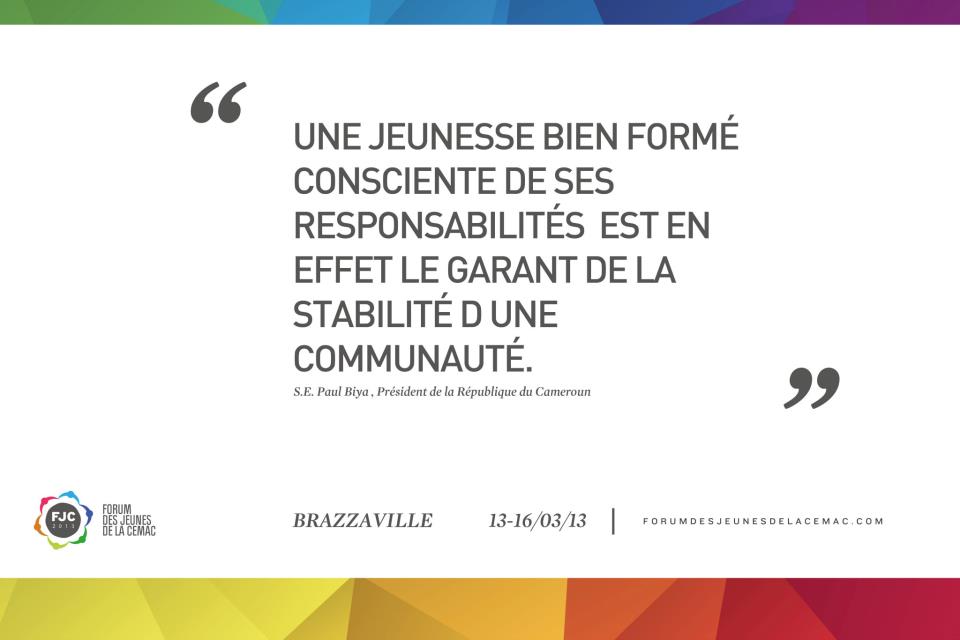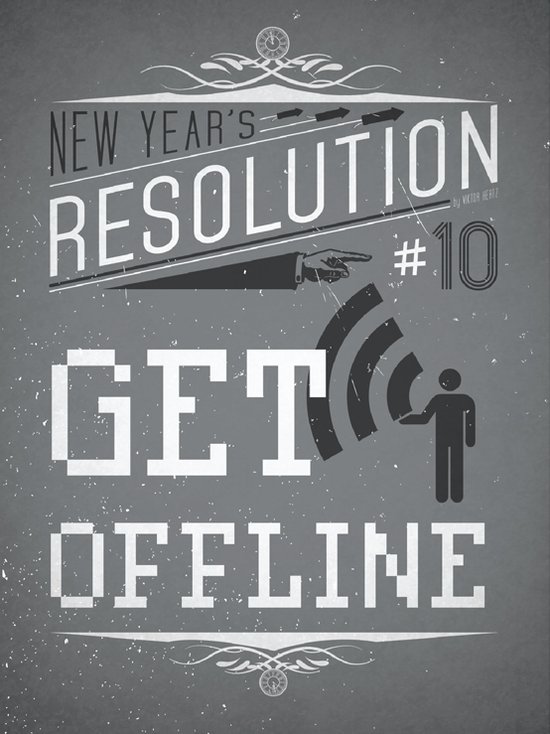Cet article a été précédemment publié sur le site Bobby Finance.
If you are reading this, you are probably among the thousands contemplating financial freedom and an early retirement.
However only a few of us will actually act on this desire, let alone succeed. Unfortunately, most business owners go through a very different path from that of Mark Zuckerberg or Elon Musk, one that does not involve getting an angel investment from a relative or meeting a venture capitalist at a startup bootcamp. So if like me you are working full-time, here are eight tips I suggest to get started with your business:
1. Be realistic: Think about earning your first thousand before earning your first million. Your biggest challenge right now is to generate enough revenue from your business to pay your bills and eventually quit your job. So it is important to keep the short-term goals simple and attainable. I too love relating to Oprah or Bill Gates but I sometimes forget I will not achieve in a year what those game changers have accomplished with decades of full-time dedication.
2. Be honest with yourself: Are you built for this? Transitioning to entrepreneurship is not just about taking risks and thinking outside the box. Be ready to put a lot of energy, time and resources with the possibility of failing and starting all over. Do you want to start a business just because you don’t like your life today or do you have a long-term vision? Maybe just getting a new job will solve your problem. Are you concerned about not enjoying time with your family and friends? If yes, starting a business while working full-time will be a challenge.
3. Stop talking about it. Do it: Work is sometimes the perfect excuse to delay or neglect important steps when starting a business. Stop talking about opening a bakery store when you will be less busy at the office. Instead, start baking for your friends and family for a small price; create a blog where they can give comments about your pastries. Give away free cakes in exchange for referrals. Take pictures of your accomplishments and share it with your social network. You don’t need to have an office with a staff right away. Credibility comes from you actually doing something, and doing it well.
4. Be organized: Track your finances, open a separate bank account for your business needs, don’t direct all your emails to the same address, set up a working space at home, keep track of your documents (business cards, administrative papers, checkbooks etc…) and hold a clear schedule for your everyday tasks.
5. Avoid using office equipment: Do not use your employer’s computers or brand to build your business; this may lead to legal action. When you are at the office, limit your personal activities to research and inquiries.
6. Do not neglect your job: First, if you haven’t quit your job yet it is probably because you need the money; so keep performing like you deserve that salary. Second, professional recognition is golden. Even if you work in a different industry than the one you are pursuing, never burn your bridges. Today’s colleagues may become tomorrow’s business contacts. Therefore it’s important to maintain an excellent image as a professional in everything you do.
7. Start small: If like many full-time employees you are only available on evenings and week-ends, you probably should start small. For example, it might be more convenient to start your business online. You could sell your products initially via a website and deal with clients’ orders after work, instead of opening a physical store right away.
8. Find a partner: If you are stuck in the office from nine to five, having a partner can be crucial if your business requires your physical presence. Don’t be afraid to exchange some equity for the availability of a trustworthy person who complements your skills. Remember, there is a price to pay if you won’t do it yourself.







































































































